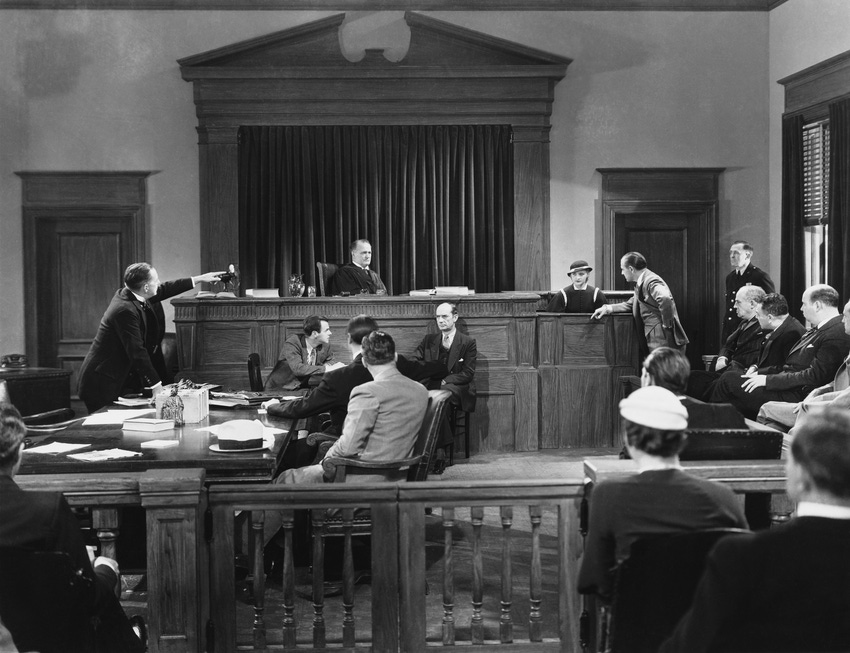New York wades in to the T-Mobile/Sprint debate
New York Attorney General Barbara Underwood could prove to be another hurdle for T-Mobile and Sprint to overcome in their headache-inducing merger.
October 29, 2018

New York Attorney General Barbara Underwood could prove to be another hurdle for T-Mobile and Sprint to overcome in their headache-inducing merger.
The problem for the pair is there seem to be a lot more objections surrounding the tie-up than there has been support. After T-Mobile CEO John Legere seemingly got little response from his appeal to MVNOs to support the transaction, the wild-eyed leader has opened up to opinions from staff; a dangerous move considering some would certainly be under threat of redundancy.
Perhaps what the duo didn’t need are objections from the New York Attorney General Office over fears the consumer might get screwed. According to the New York Post, the objection is relatively simple. T-Mobile runs a prepaid service called MetroPCS, while Sprint has Boost and Virgin Mobile. Bringing all three into the same business could lead to one or more being scrapped, reducing competition. Secondly, all three are incredibly aggressive on pricing, but again, bringing all three into the same business could end this trend of undercutting, and an increase in price. The New Yorkers are concerned tariffs could become too expensive for some.
While objections from a few lawyers might not be the worst thing in the world for T-Mobile and Sprint, it seems there is a queue forming. In fact, the FCC released a notice last week which stated the Attorney General Offices of Alabama, Connecticut, Florida, Hawaii, Mississippi, Tennessee, Virginia, Washington, Wisconsin and the District of Columbia have all requested information to assist their own investigations into the merger. The lawyers are lurking, and the more who gather around the fire, the less pleasing the situation appears for T-Mobile and Sprint.
This of course might mean nothing. All major parties in the US are perfectly entitled to do their own due diligence surrounding the deal as transitioning from a market with four major telcos down to three is a massive move. Considering there will be regions across the country where this transaction effectively creates a communications monopoly, every chance to scrutinise the deal should be taken.
As it stands, the self-appointed shot-clock on approving the deal at the FCC is on hold. This again is simply down to the magnitude and the potentially significant consequences of the deal, and should not be surprising at all, but the longer it stands still, we suspect the more nervous executives will become. Mergers of this nature have already been shot down in the US, and this deal does seem to be hanging in the balance.
About the Author(s)
You May Also Like











_1.jpg?width=300&auto=webp&quality=80&disable=upscale)


.png?width=800&auto=webp&quality=80&disable=upscale)